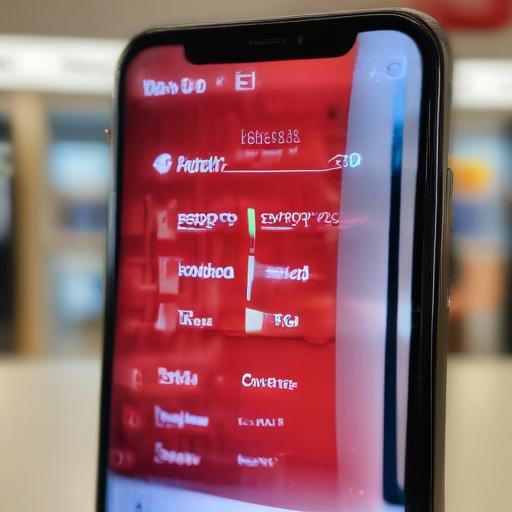Verizon has proposed a significant change to its phone locking policy, seeking permission to lock devices to its network for six months or longer, a stark increase from the current 60-day limit. This proposal has sparked backlash from a coalition of advocacy organizations, which recently urged the Federal Communications Commission (FCC) to reject the telecommunications carrier’s request.
The coalition, which includes groups such as Public Knowledge, Consumer Reports, and the Electronic Frontier Foundation, argues that locking phones fosters market distortion, increases the burden of switching carriers, and contributes to e-waste. They emphasize that this practice hampers consumers’ ability to utilize their devices fully by compelling them to purchase unnecessary new phones, which in turn limits choices for affordable or superior service options. The groups also contend that such policies weaken price discipline among service providers and pose challenges for smaller, prepaid-focused companies, ultimately reducing the availability of high-quality used devices in the market.
Numerous individual users have also voiced their concerns through comments submitted to the FCC. Many argue that Verizon’s claim that unlocking phones undermines public interest is misguided. One user stated that the restrictions suppress competition and hinder consumers from switching carriers based on price and service quality. Others echoed sentiments about the need for consumer freedom, emphasizing that purchasing a device should not mean relinquishing the ability to choose a different service provider.
Verizon’s push for a more extended locking policy aligns with the current FCC’s inclination to simplify telecommunications regulations. FCC Chairman Brendan Carr has initiated a “Delete, Delete, Delete” campaign focused on evaluating existing telecom regulations, which may help pave the way for the carriers. This petition has garnered some support from police unions and conservative organizations, positioning Verizon strategically in the current regulatory environment.
The ongoing debate underscores a crucial tension in the telecom industry—balancing carrier interests with consumer rights and market competition. The outcome of Verizon’s request may have widespread implications for consumers seeking flexibility and fair access to telecommunications services.
These developments are essential as they highlight consumer advocacy’s role in regulatory matters and signal potential shifts in the telecom landscape that could ultimately benefit users seeking better service options.
